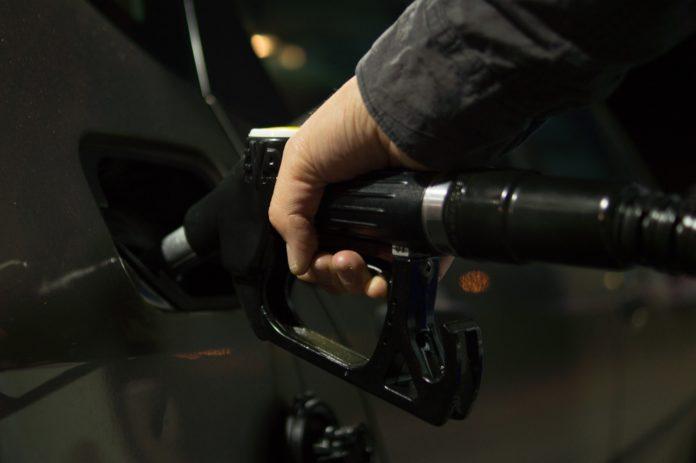
The price of petrol and diesel will be between BGN 1.80 and 1.85 per liter by the end of the summer, the lawyer of the Association of Fuel Traders Georgi Tenev predicts for „bTV“. According to him, by the end of the year the two types of fuels will be traded at prices not higher than BGN 2 per liter.
„Traditionally, the fuel market in Bulgaria has seen a serious growth during the summer months, both on the part of household consumption and on the part of business. Unfortunately, despite the frequent trips – the borders have already opened to most European countries, in this regard household fuel consumption is increasing, and on the other hand we have entire sectors in the country that will either not open or will open a small percentage of their buildings, hotels. „explained the expert.
Fuel prices in Bulgaria have not fallen significantly since this happened on world markets, and the reason was overstocking at higher prices. Tenev reminded that in the first half of 2019 the price was between BGN 2.20 and BGN 2.40 per liter.
„The behavior of crude oil on international markets cannot give such a direct and immediate attitude to the Bulgarian markets. We need to be sure what kind of oil we are talking about.“
Asked how COVID-19 has affected the fuel market, he said that not the whole industry has been affected, and small and medium-sized petrol stations on second-class roads have seen an increase at the expense of large ones on motorways and international roads.
„We can’t say in percentage terms how the market has suffered, as a percentage of it has risen.“
„At the beginning of the virus we had stockpiles of all fuel producers and importers in Bulgaria. They had very large quantities of fuel purchased at high prices. This is one of the reasons why there is no such a sharp decline immediately in Bulgaria. “
The Association of Fuel Traders in Bulgaria defines the step of the government with the establishment of the State Oil Company as an effort to clarify and regulate the fuel sector in a natural way.
„Very low prices are bad for business. The mandatory components of the retail fuel price are excise duty, VAT and minimum profit, so that the trader can reinvest, maintain and pay salaries to employees. A minimal markup cannot guarantee this. The state-owned company can operate only on a market basis. So whatever the prices are, they will be comparable to other prices on the market.„









